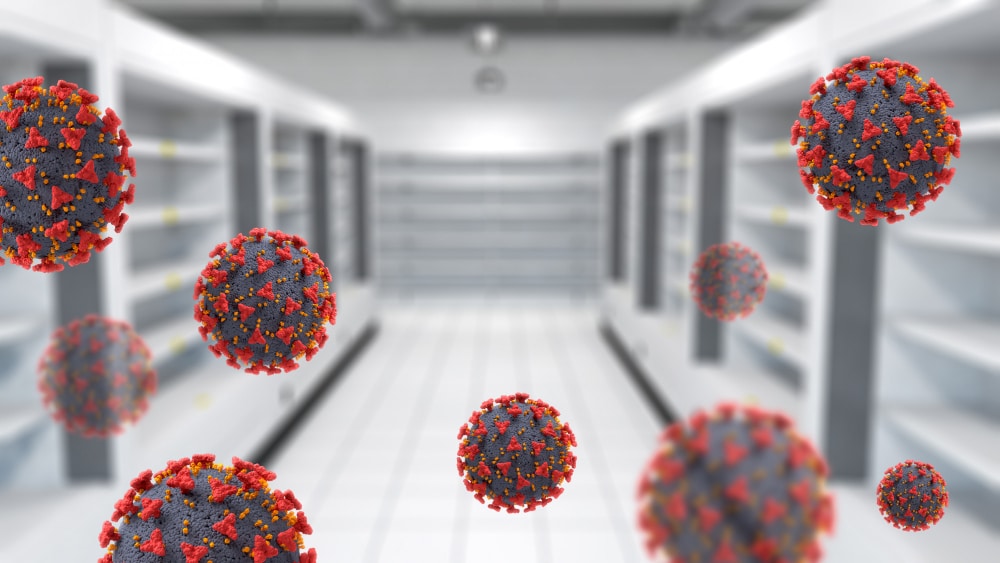Just as the body benefits from being exposed to low doses of an attenuated virus to generate an effective immune response, research finds that it works the same way with the mind.
Although debunking misinformation is important, the approach faces many challenges. For example, once people are exposed to misinformation, they often rely on false details despite seeing a correction, a phenomenon known as the “continued influence of misinformation.”
To counter this, a recent article titled “Inoculation” to Resist Misinformation, published in the Journal of the American Medical Association (JAMA), calls for “psychological inoculation”. Authors Sander van der Linden and Jon Roozenbeek advocate exposing people to a severely weakened dose of misinformation or techniques used to produce misinformation and subsequently refute that misinformation in advance, or prebunk the claim. This will help build up psychological resistance against future exposure to the “full dose” of misinformation, they contend.
“Medical professionals can help patients identify incorrect information and avoid accepting it as fact. Although it may seem unusual to address misinformation before a patient brings it up, this method can be effective in preventing the adoption of inaccurate information,” reason the authors.
First, clinicians can warn patients that they may encounter misleading health information. Second, patients may be provided with a weakened dose example of a relevant myth. “Inoculating against common manipulation techniques can be useful in helping people understand why certain claims are unreliable and how they may be dangerous to their health,” they write.
According to a 2023 meta-analysis, debunking science-related misinformation was, on average, unsuccessful in reducing misperceptions. “However, correcting false information using proven messaging strategies can still improve misperceptions,” state the authors.
The psychological inoculation approach is analogous to medical vaccination; just as the body benefits from being exposed to low doses of an attenuated virus to generate an effective immune response, research finds that it works the same way with the mind. “That is, people benefit from exposure to microdoses of information designed to mislead along with practical tips on how to spot it in order to develop cognitive resistance against misinformation.”
The inoculation process consists of two components – a forewarning (people are advised that they may be manipulated by false information), and the prebunk or pre-emptive refutation. “The goal is to raise eyebrows (antibodies) without convincing (infecting). This process could be considered as building the motivation to want to defend oneself from misinformation as well as providing the skills to actually do so,” maintain the authors.
Read More : Fides: WHO launches new initiative to combat health misinformation















